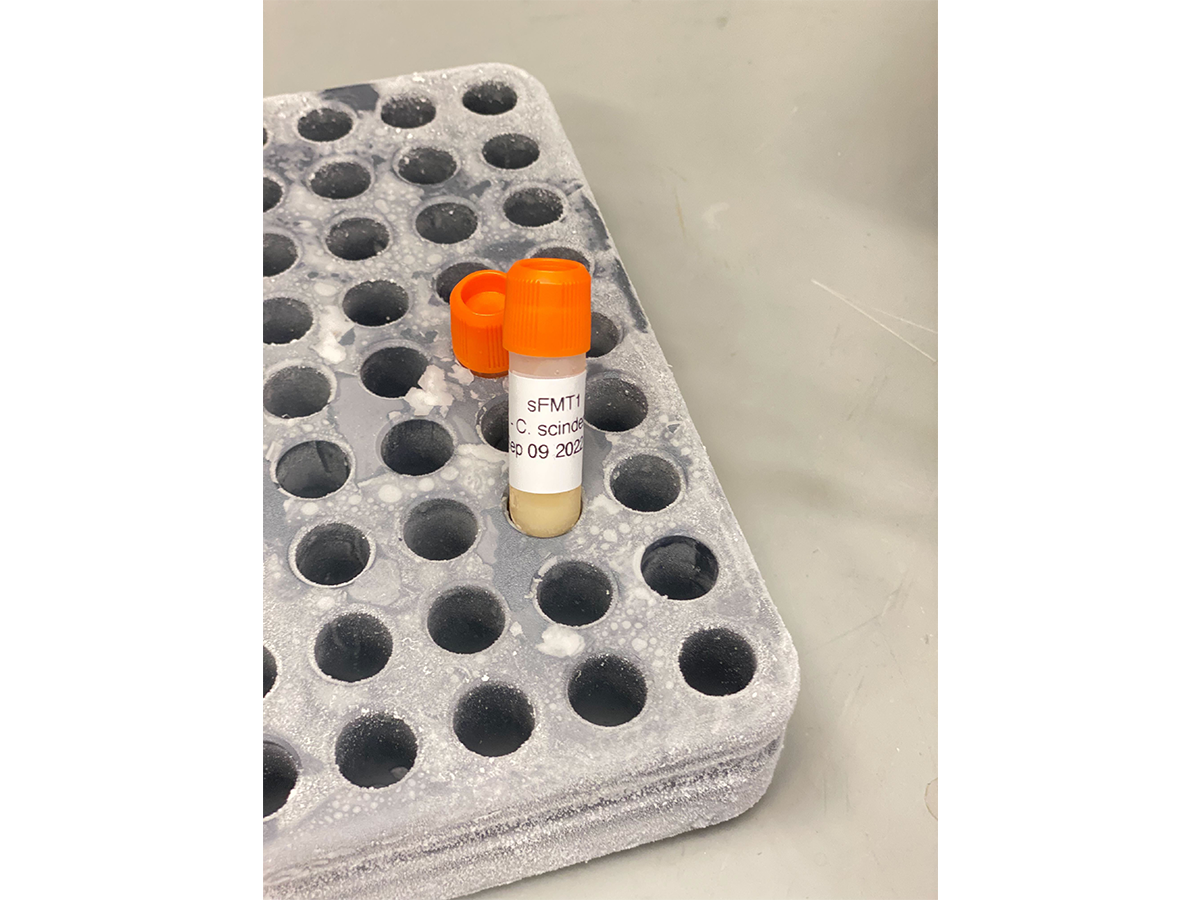
Synthetic Microbiome Therapy Offers Hope Against C. difficile Infections
**Penn State scientists** have engineered a novel **synthetic microbiome therapy** to address *Clostridioides difficile* infections, often resistant to antibiotics and causing severe gastrointestinal distress. This innovative therapy circumvents the use of fecal microbiota transplants, focusing instead on precise bacterial strains that suppress the pathogen. Research highlighted one strain, *Peptostreptococcus*, as particularly potent in outcompeting *C. difficile* by scavenging proline, a crucial amino acid for *C. difficile* growth, providing insights that could lead to targeted probiotic treatments for not just this infection but potentially other microbiome-related conditions. Published in the journal *Cell Host & Microbe*, this study represents an exciting pivot towards devising microbiome-targeted therapies with significant implications for health care, minimizing infection relapse and offering a tailored treatment model. The research underscores the transformative potential of microbiome science, championed by a multidisciplinary team drawing on computational and biochemical expertise.